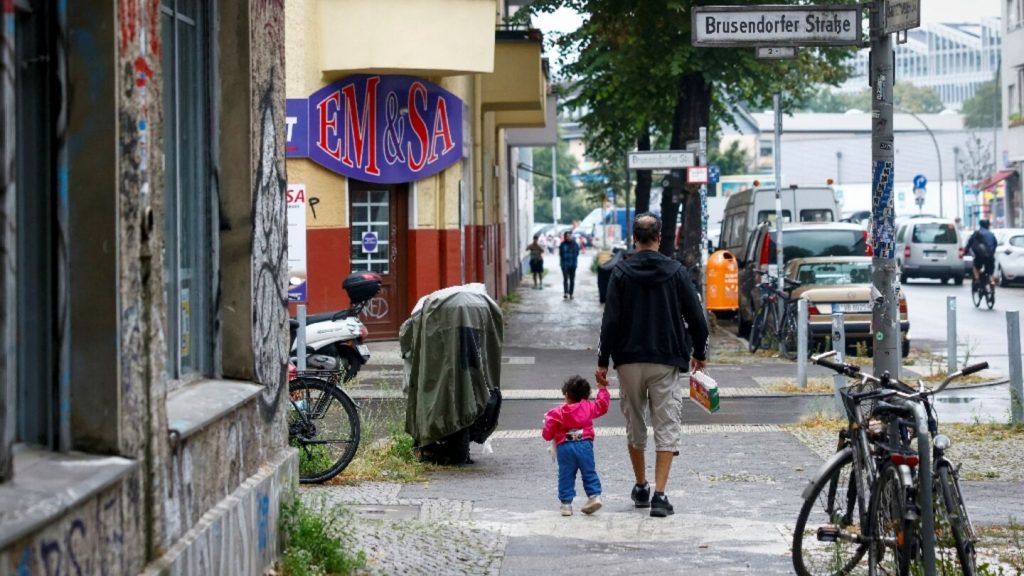Germany has been transformed in the ten years since Angela Merkel opened the country’s borders to more than one million asylum seekers in 2015. Streets such as Berlin’s Sonnenallee, filled with Middle Eastern shops and cafes, showcase the cultural change, with many migrants from Syria, Afghanistan, and Iraq now calling Germany home. For some, this influx represents successful integration and a more diverse society. For others, it remains a symbol of failed policies and mounting tensions that have reshaped the nation’s politics.
Merkel’s famous declaration, “We can do this,” became a rallying cry for compassion but also a phrase of deep division. While volunteers initially welcomed refugees at train stations, the reality of stretched services, crowded housing, and new security concerns soon set in. Many Germans feel that schools, nurseries, and healthcare systems have been pushed to their limits, while others point to the migrants filling vital gaps in the labour market.
Current Chancellor Friedrich Merz has reversed much of Merkel’s open-door policy, citing concerns about crime, integration, and the rise of the far-right Alternative for Germany (AfD). His government has introduced stricter border controls and deportations, even sending people back to Taliban-ruled Afghanistan. Supporters argue that these policies restore order, while critics see them as a betrayal of Germany’s humanitarian commitments.
Despite the political backlash, countless migrants have built new lives. Syrian restaurateur Malakeh Jazmati opened one of Berlin’s most popular eateries, and factories across the country employ thousands of migrants in industries struggling to find local workers. By 2022, nearly two-thirds of those who arrived in 2015 had found jobs. Germany’s healthcare system now relies heavily on foreign professionals, with Syrians making up one of the largest groups of doctors.
Yet challenges remain stark. Migrant unemployment is still much higher than the national average, and many families continue to rely on state benefits, fueling resentment in struggling towns. Local councils like Salzgitter report that resources are overwhelmed, while schools with high migrant populations face difficulties with language learning and integration. Housing shortages also leave many asylum seekers stuck in temporary shelters for months, sometimes years.
The migration wave has also fueled political polarization. The AfD has surged in popularity, especially in eastern Germany, campaigning on “remigration” and fears of crime. High-profile attacks involving asylum seekers have deepened public concerns, even as experts note that migrants are also frequent victims of hate crimes, which rose sharply last year. Police statistics show that foreigners are overrepresented in crime figures, though researchers argue this is tied to demographics and social conditions rather than migration itself.
As Germany debates its future, the migrant community itself is divided between those who feel integrated and those who feel increasingly unwelcome. Some young Syrians say they are disillusioned and consider leaving despite having jobs or studies, while others are seeking German citizenship and laying permanent roots. For many, the hope of 2015 has given way to a more complex reality, where opportunity and hostility exist side by side.
Ten years on, Germany is still asking itself whether Merkel was right. The country has undeniably changed—its cities are more multicultural, its economy is more dependent on migrant labour, and its politics are more fractured. Whether this change is seen as hope or hate depends largely on where one stands in the ongoing debate about identity, security, and belonging in modern Germany.

